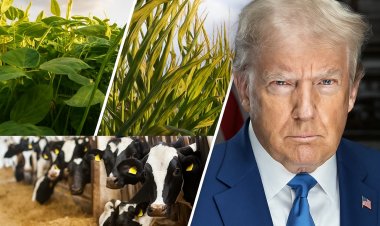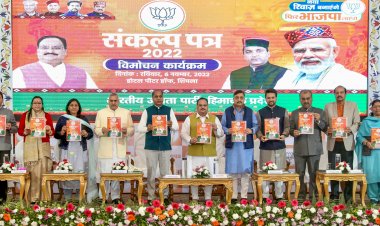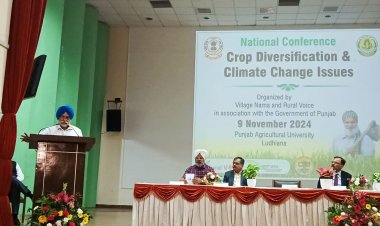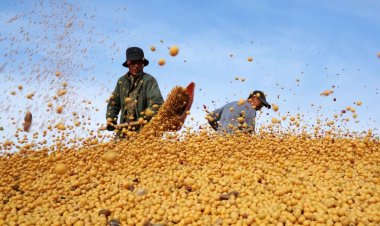CPI inflation at 15-month high of 7.44pc; not good news in election yr
Retail inflation of 7.44 per cent for July 2023, rising to a 15 month record, is not good news for the government when general elections are just months away. It is not as if vegetables, under the leadership of precious tomatoes , are alone responsible for taking retail prices to a boiling point but other items of a family meal -wheat, rice, pulses, spices- have also become quite expensive to come by
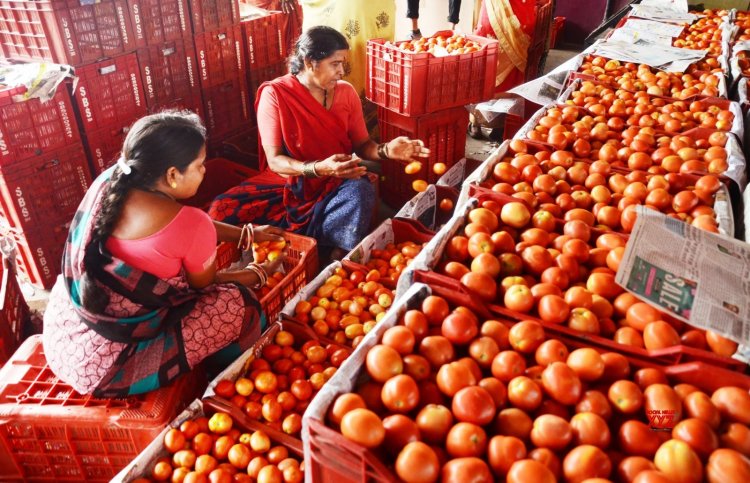
Retail inflation of 7.44 per cent for July 2023, rising to a 15 month record, is not good news for the government when general elections are just months away. It is not as if vegetables, under the leadership of precious tomatoes , are alone responsible for taking retail prices to a boiling point but other items of a family meal -wheat,rice,pulses,spices- have also become quite expensive to come by.
In any analytical article,there are bound to be too many figures and one cannot get away from the same; or else the credibility is at stake. There is more to this data, released by the Ministry of Statistics and Programme Implementation (MOSPI) on August 14.
Inflation does not seem to be moderating, for now with fresh floods in Himachal Pradesh, Uttarakhand leading to a surge in rivers flowing downstream to Punjab, Haryana and Delhi. There was a delay in sowing in the summer crop (kharif) of paddy,millets and some pulses. Green shoots at least in Punjab appear to have been damaged, going by farmers' accounts in the media. Even if the price rise is abated, it will be from a high base of above six per cent.
The base effect may sound very technical in nature which only economists could make head or tail about ! But tomato prices can be used as the best example to explain how the base effect plays out. Tomatoes had certainly crossed Rs 200 a kilo in Safal stores in the national capital to return to Rs 99 a kilo on August 14 . That is a drop of over 50 per cent and this should reflect in the vegetable basket at a future date. But can you, as a government, convince people that you have reduced the tomato inflation by half and deserve a pat! A vegetable which generally sells Rs 30-40 a kilo is still selling at Rs 99 ; but the same has dropped from Rs 200 . That is the magic of a base effect maybe for number crunchers , but is of no use to a common man or woman!.



 Join the RuralVoice whatsapp group
Join the RuralVoice whatsapp group



























